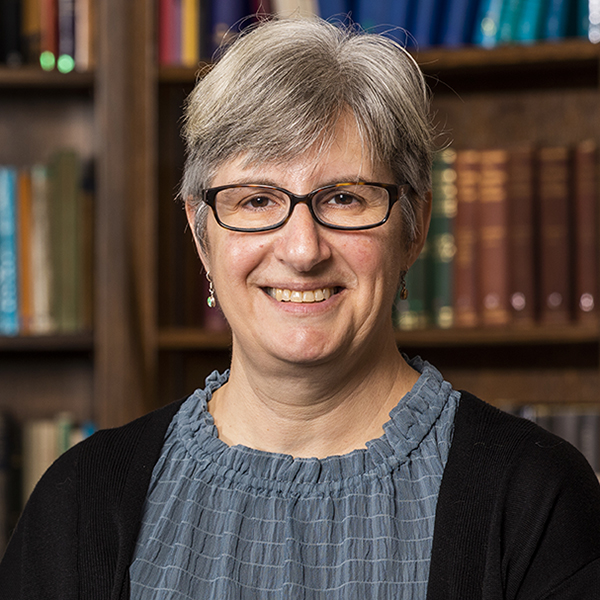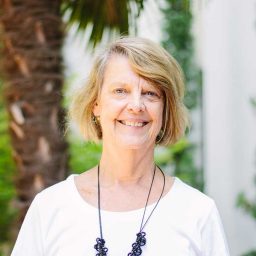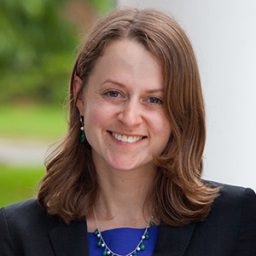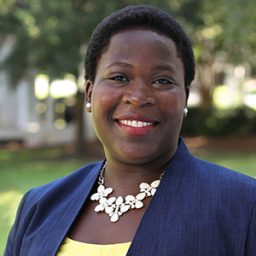
After decades of activism and political struggle, the 19th Amendment was adopted 100 years ago this month.
The new amendment supplanted state-by-state suffrage laws and gave women across America the right to vote.
Florida State University experts are available to speak about the history of women’s suffrage as well as contemporary issues related to women, voting and politics.
Jennifer Koslow, associate professor of history
jkoslow@fsu.edu
Koslow is an associate professor of history whose research interests include women’s history, public health and the Gilded Age and Progressive Era of American history.
“The story of women’s activism to secure suffrage in the United States began almost a hundred years before the ratification of the federal amendment. Women adopted different approaches along the way: agitation for a federal amendment, seeking to secure suffrage via the courts, obtaining the right to vote at the state level, and finally back to agitation for a federal amendment. They also adopted different strategies of persuasion ranging from writing petitions to Congress to hunger strikes. This centenary is a time to reflect on women’s perseverance in securing a fundamental right: the right to vote.”

Carol Weissert, LeRoy Collins Eminent Scholar and professor of political science
cweissert@fsu.edu
Weissert’s research interests include federalism, state politics and health policy. She has presented on the effects of women state legislators and written about the politics of health policy.
“For sixty years, women voted in line with their husbands, far from 19th Amendment supporters’ claims that women would use their vote to make the world a better place. In 1980, that all changed. Every election since has highlighted an often substantial gap between male and female support for candidates. 2020 will be no exception. And it may make a big difference.”

Mary Ziegler, Stearns Weaver Miller Professor, College of Law
mziegler@law.fsu.edu, 617-702-2371
Ziegler is one of the nation’s leading experts on the legal history of the U.S. abortion debate. She studies the current debates surrounding reproductive health, the family and the Constitution.
“The legacy of the 19th Amendment is more contested than ever before. Debates about everything from the gender pay gap to the future of abortion in America draw on what the 19th Amendment meant to U.S. politics and what its backers had in mind. Understanding the 19th Amendment — and contemporary responses to it — show how little we agree on what equality for women truly means.”

Carla Laroche, clinical professor in the College of Law
claroche@law.fsu.edu
Laroche directs and teaches in the Gender and Family Justice Clinic within the Public Interest Law Center at Florida State University. Her research interests include the impact of incarceration on parents and children and the collateral consequences of incarceration.
“As we celebrate the 100th anniversary of the 19th Amendment, we must also reckon with how much racism and racial bias were intertwined with the suffrage movement.
Black women labored alongside white women to obtain women’s right to vote, yet they were discouraged from attending suffrage events, and, even with the 19th Amendment’s passage, they could not access the ballot box until the 1960s. Today, Black women’s efforts rarely receive recognition, and race and gender continue to play a role in one’s ability to vote.”




